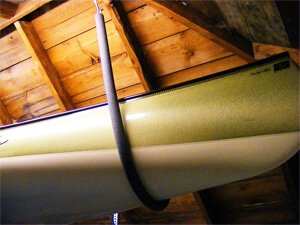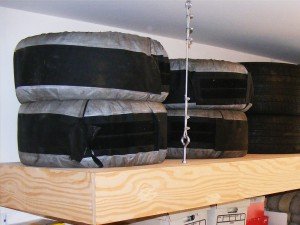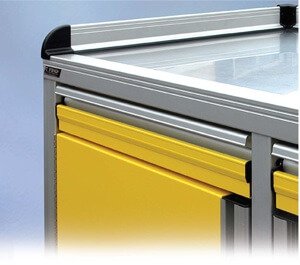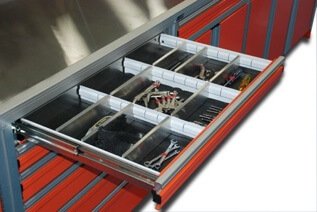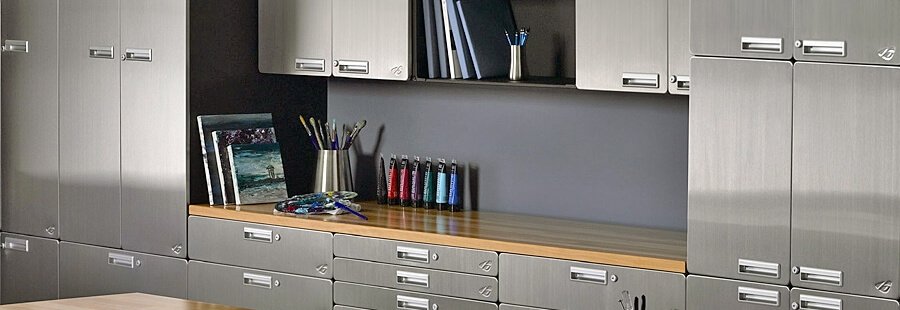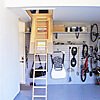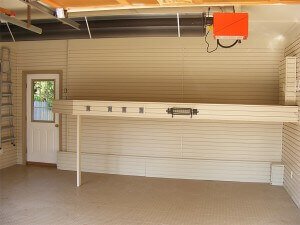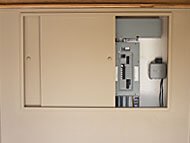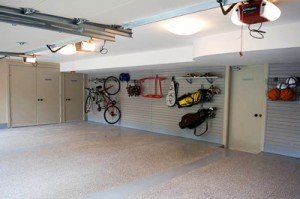When planning a garage renovation, customers often ask about adding insulation to the garage. After all, what better time is there to add insulation than while in the midst of a renovation? Yet, there is a more important question to consider.
Is insulating your garage a worthwhile investment?
Customers are often shocked by this question. The garage is one of the most insidious energy vampires in a home. Insulation, by its very nature, impedes costly heat loss. So how could adding insulation to your garage not be beneficial?
Assess the Benefits of Adding Insulation
The short answer is: adding insulation to any room does stem the loss of heat. Therefore, it is beneficial. However, the cost benefit of insulating a garage is situational. To make an accurate cost benefit analysis of the proposed insulation of a garage, you must first consider:
- The current state of your garage;
- What you hope to accomplish; and
- How the space will be used.
The age of your home and whether it already has some insulation is a primary consideration. Older homes tend not to have any insulation. Installing it requires starting from scratch—a costly prospect. Newer builds usually have some insulation. However, it doesn’t always extend to exterior walls. The effectiveness of the insulation is dependent upon the quality of the product used.
Next, consider what you hope to accomplish by adding insulation. If you anticipate that insulation alone will raise the frigid temperature of your garage to one comparable to the interior of your home, you’ll be sorely disappointed. If, however, you simply want to raise the temperature of the garage interior several degrees, fully insulating the space may be the perfect solution.
Lastly, there is the matter of how you intend to use the space. If you’d like for your garage to be a bit cozier because you’re housing a collection of vintage automobiles, insulation alone may do the trick. If the space will serve as an extension of your home’s current living space, more than insulation alone will be needed.
To get a better sense of whether insulating your garage would be a good investment, let’s consider the three most typical scenarios we encounter during garage renovation projects:
- There is a room above the garage that is consistently several degrees cooler the rest of the home.
- The homeowner wants to protect a collection of vintage or exotic cars from the harsh winter temperatures.
- The customer would like to expand the home’s living space by setting up a workshop in the garage.
Each situation must be assessed on the three criteria listed earlier: the state of the garage; what the homeowner wishes to accomplish; and how the space will be used. Let’s take a moment to break down each scenario.
A Cold Bedroom Above the Garage and The Battle of Thermodynamics
Take a moment and think about your garage space. There are uninsulated exterior walls (including the garage door itself). Additionally, the garage door is opened several times each day, allowing any warmth inside the garage to escape and be replaced by colder air. As a result, the garage is nearly as cold as the outdoors in winter. How does this affect any living space over the garage?
 The science of thermodynamics tells us that two spaces which interact will eventually reach thermal equilibrium, or equal temperature. In this case the two spaces interacting are the interior of your garage and the bedroom above it. The heat from the bedroom elevates the temperature of the garage while the chilled garage air lowers the temperature of the bedroom. Seems like an open and shut case for insulation, but is it?
The science of thermodynamics tells us that two spaces which interact will eventually reach thermal equilibrium, or equal temperature. In this case the two spaces interacting are the interior of your garage and the bedroom above it. The heat from the bedroom elevates the temperature of the garage while the chilled garage air lowers the temperature of the bedroom. Seems like an open and shut case for insulation, but is it?
Adding insulation will stem the loss of energy in the bedroom. However, insulation alone will not increase the temperature of the bedroom to the level of the other rooms in your home. The extensive scope of work required to fully insulate the garage must also be considered. This may include insulating all exterior walls; insulating the garage ceiling; replacing the drafty garage door seal; and replacing the garage door with a highly-insulated model. This all comes at considerable cost.
Insulating the garage offers marginal heat benefit to the bedroom above. On the other hand, installing a baseboard heater in the bedroom is typically more cost effective. Investigate other options that will reduce your overall heating bill, like replacing drafty windows in the bedroom and elsewhere in the home. These methods are more efficient and offer a larger heat benefit than insulating the garage.
Making Your Garage Habitable—For Your Cars
Frigid temperatures can be tough on your car. The vehicle’s paint is vulnerable in colder temperatures. When oil and other lubricants get extremely cold, the engine and other systems are negatively impacted. A warmer garage not only protects your vehicles, it makes starting them much easier on cold winter mornings.
Not surprisingly, classic car enthusiasts often insulate their garages. The cost of thorough insulation, as described above, can be substantial. However, when you have a considerable investment to protect, the expense is worthwhile.
What if your garage is only used to store lawn furniture, recreational equipment and tools? The expense of insulation may not add up. Whether it makes sense for you depends on the cost, heat benefit and the value that you place on warming your garage.
Insulation is Only the First Step in Extending Your Living Space
When you think of a garage renovation do you envision a handy new workshop or a man cave complete with state-of-the-art electronics? Extending your home’s living space not only provides enjoyment for you and your family, it can significantly increase the resale value of your home. However, insulating the garage is just the first step.
Insulation is designed to retain heat, so the insulated space will be warmer. However, insulation alone won’t transform your frosty garage into a cozy living or work space. If you plan to convert your garage to usable living space during the winter, a more active measure is required. A heat source, such as an electric or gas heater, must also be installed to make the space comfortable year-round.
Decide What Works Best for You
The best way to determine whether to insulate or not to insulate is by doing a cost benefit analysis. A garage renovation specialist can help you estimate the cost of insulating and/or heating your garage and any adjacent rooms. An experienced professional will also help you assess other factors, like estimated temperature improvement and heating and cooling costs. Once you fully understand the realities of what insulation can and cannot do for your space, you can confidently make the decision that is best for you.


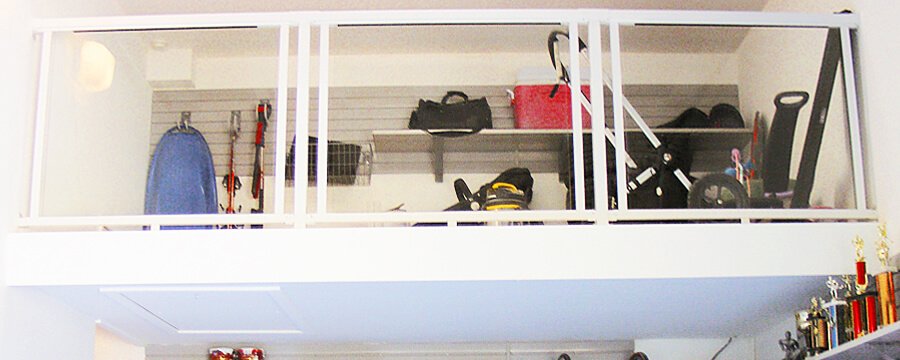 If you are a regular reader of my blogs, you’ll know that I write a lot about finding storage space in the garage that isn’t obvious. One of my favourite places to store things is on the ceiling. Many garages, especially in newly built homes, have high ceilings (10-14 feet) that can accommodate shelving and platforms. To conclude my series of blogs on doing it yourself versus hiring a professional garage company, I’ll talk about ways to create room for storage in this often neglected area of the garage.
If you are a regular reader of my blogs, you’ll know that I write a lot about finding storage space in the garage that isn’t obvious. One of my favourite places to store things is on the ceiling. Many garages, especially in newly built homes, have high ceilings (10-14 feet) that can accommodate shelving and platforms. To conclude my series of blogs on doing it yourself versus hiring a professional garage company, I’ll talk about ways to create room for storage in this often neglected area of the garage.
